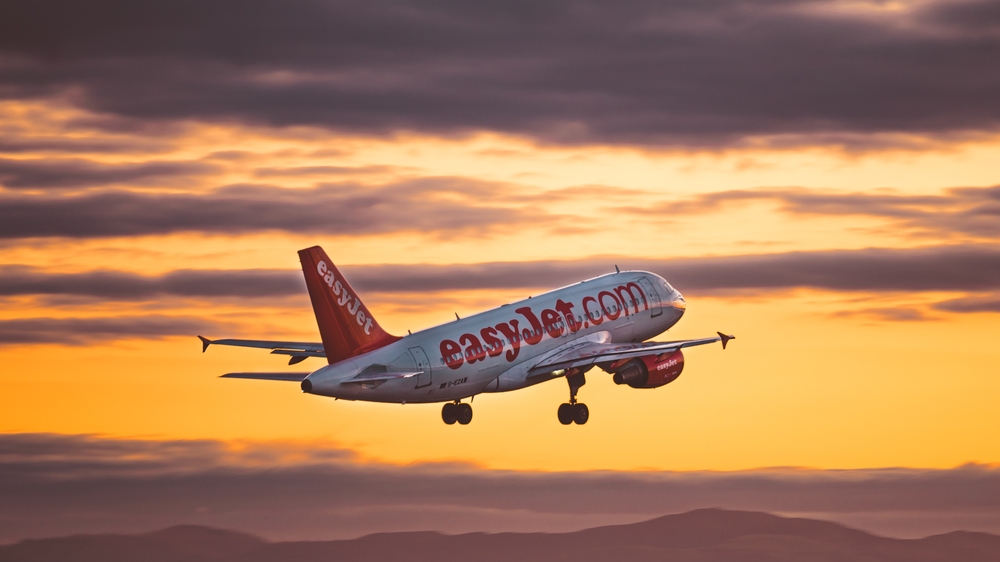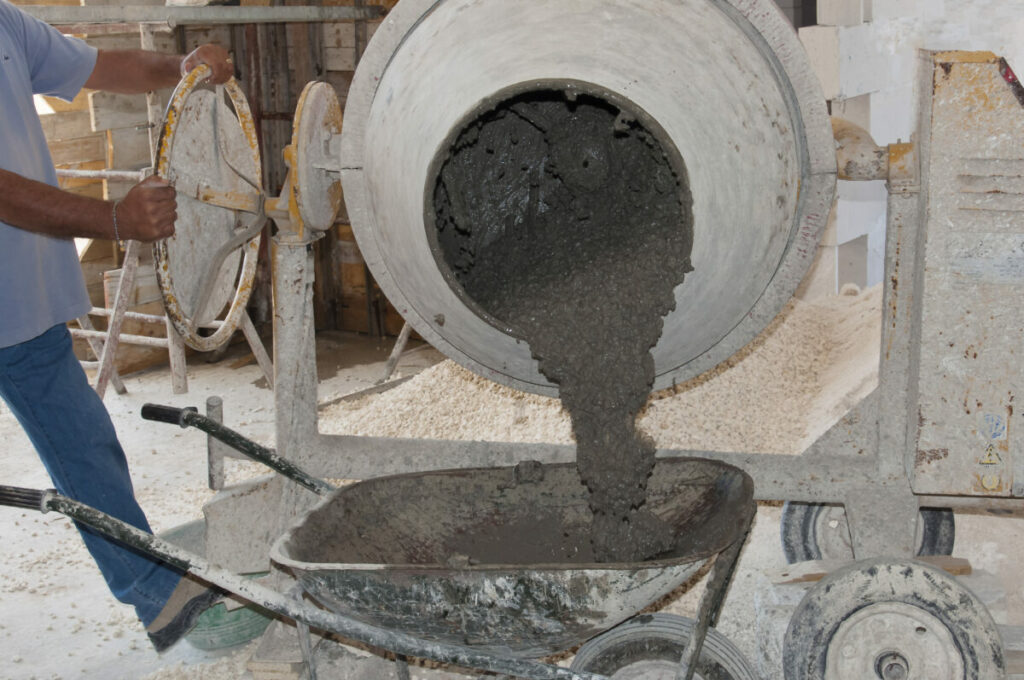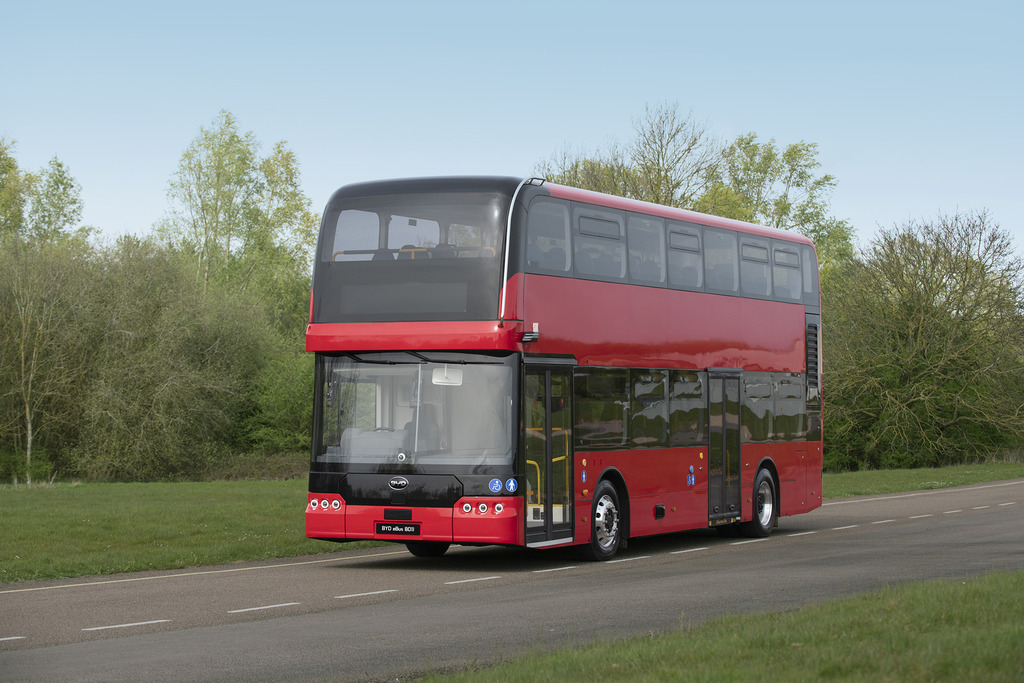easyJet has become the first airline to commit to Airbus’ carbon removal initiative.
Airbus’s technology uses direct air carbon capture and storage (DACCS), to offer airlines worldwide carbon removal credits to advance their decarbonisation goals.
DACCS technology filters and removes CO2 emissions directly from the air using high powered extraction fans. Once removed from the air, the CO2 is safely and permanently stored in underground reservoirs.
Typically, CO2 emissions released into the atmosphere during aircraft operations can’t be directly eliminated at source. However, with DACCS, an equivalent amount can be extracted from the air.
The technology is complementary to other carbon reduction technologies such as the use of sustainable aviation fuel (SAF).
Subscribe to Sustainability Beat for free
Sign up here to get the latest sustainability news sent straight to your inbox everyday
easyJet group markets director Thomas Haagensen said decarbonising in heavy industries such as aviation is a “huge challenge.”
“We believe carbon removal will play an important role in addressing our residual emissions in the future, complementing other components to help us achieve our pathway to net zero,” he continued Haagensen.
“Our ultimate aim is to achieve zero carbon emission flying and, as well as investing into important projects like direct air carbon capture technology, we are working with multiple partners – including Airbus – to accelerate the development of zero carbon emission aircraft technology,” Haagensen added.
“Initiatives such as this one underline Airbus’ commitment to decarbonisation solutions for our industry and to, bringing together airlines and industry players from all sectors in order to build a sustainable aviation ecosystem,” commented Airbus executive vice president communications, sustainability and corporative affairs Julie Kitcher.
The news follows easyJet recently announced key milestone in a research project with Rolls-Royce, finding that an engine running on 100% hydrogen can be combusted at conditions that represent maximum take-off thrust.















